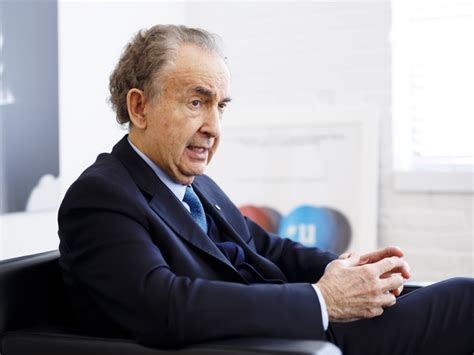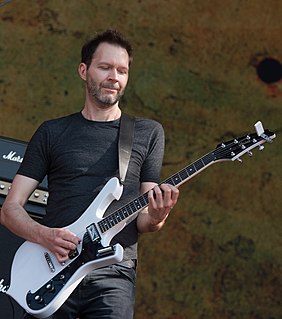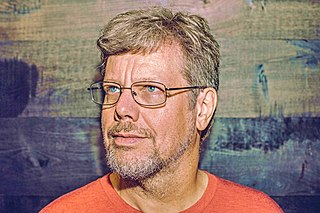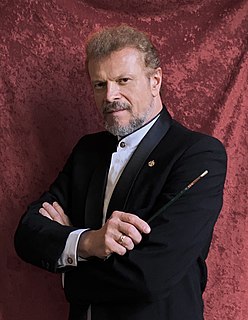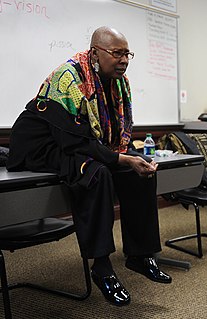A Quote by David Kassan
Teaching is a huge part of what I do. I love to think about what I do out loud, and the best way to do this is to teach. I usually learn a lot from the students in my workshops, because we work to build the classes around a collaborative environment where everyone is working towards the same goal of learning how to observe and see the subject well, because everyone brings different approaches and experiences with them, the other students and myself learn new methods that we can add into what we do.
Quote Topics
About
Add
Approaches
Around
Because
Best
Best Way
Brings
Build
Classes
Collaborative
Different
Different Approach
Environment
Everyone
Experiences
Goal
How
Huge
Huge Part
Learn
Learning
Lot
Loud
Love
Methods
Myself
New
New Me
Observe
Other
Out
Part
Same
See
Students
Subject
Teach
Teaching
Them
Think
Towards
Way
Well
Work
Working
Workshops
Related Quotes
As a teacher and parent, I've had a very personal interest in seeking new ways of teaching. Like most other teachers and parents, I've been well aware painfully so, at times that the whole teaching/learning process is extraordinarily imprecise, most of the time a hit-and-miss operation. Students may not learn what we think we are teaching them and what they learn may not be what we intended to teach them at all.
Teachers can be a living example to their students. Not that teachers should look for students to idealize them. One who is worth idealizing does not care whether others idealize them or not. Everyone needs to see that you not only teach human values but you live them. It is unavoidable sometimes you will be idealized -- it is better for children to have a role model, or goal, because then the worshipful quality in them can dawn.
Teaching, like any truly human activity, emerges from one's inwardness, for better or worse. As I teach I project the condition of my soul onto my students, my subject, and our way of being together. The entanglements I experience in the classroom are often no more or less than the convolutions of my inner life. Viewed from this angle, teaching holds a mirror to the soul. If I am willing to look in that mirror and not run from what I see, I have a chance to gain self-knowledge-and knowing myself is as crucial to good teaching as knowing my students and my subject.
I think that school just isn't for everyone. A lot of people don't learn well when they're - have to sit in a place for eight hours. A lot of people learn best lying in their own bed, teaching themselves from books. And I was a bad student. I was a brat. If I was a teacher, I would not have liked myself.
When I was teaching at an institution that bent over backward for foreign students, I was asked in class one day: "What is your policy toward foreign students?" My reply was: "To me, all students are the same. I treat them all the same and hold them all to the same standards." The next semester there was an organized boycott of my classes by foreign students. When people get used to preferential treatment, equal treatment seems like discrimination.
Peter Drucker being one of the most important influences because he has helped to think differently about organizational leadership and management. Frankly, I learn something of value from everyone I meet. My Harvard colleagues. My students. The executives I work with. For an eager student, which is what I am, there is so much to be learned from everyday experiences. I'm a sponge. Always will be.
What is wrong with encouraging students to put "how well they're doing" ahead of "what they're doing." An impressive and growing body of research suggests that this emphasis (1) undermines students' interest in learning, (2) makes failure seem overwhelming, (3) leads students to avoid challenging themselves, (4) reduces the quality of learning, and (5) invites students to think about how smart they are instead of how hard they tried.
First of all I had to teach myself how to use the studio because there wasn't any classes in electronic music. So I'd stay there all night and leave in the morning, observe the sun rise and have a lot of different kinds of sounds in my mind. But it was a quest, it was a search. It was research, it was learning.




